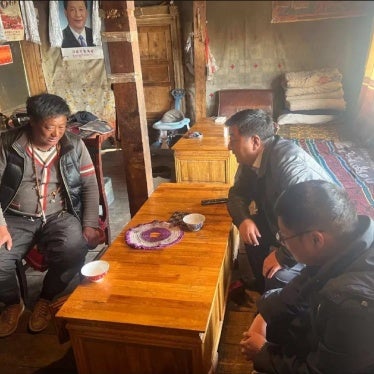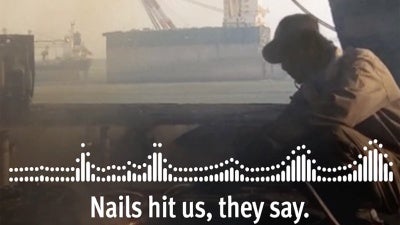Tibet: Mass Relocations of Tibetans Not Voluntary


The 71-page report, “‘Educate the Masses to Change Their Minds’: China’s Coercive Relocation of Rural Tibetans,” details how participation in “whole-village relocation” programs in Tibet, in which entire villages are relocated, amounts to forced eviction in violation of international law. Officials misleadingly claim that these relocations will “improve people’s livelihood” and “protect the ecological environment.” The government prevents relocated people from returning to their former homes by generally requiring them to demolish these homes within a year of relocating.




